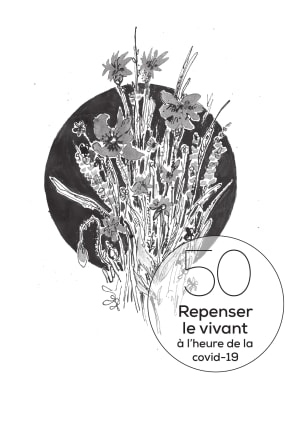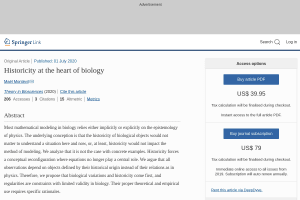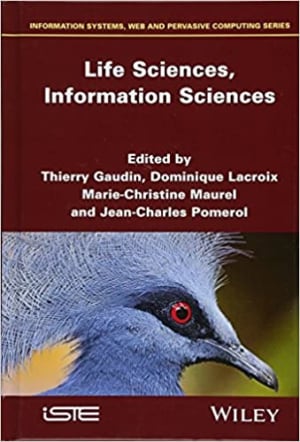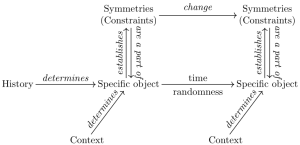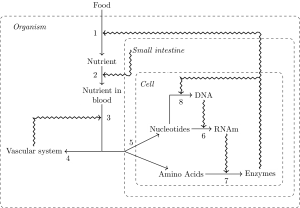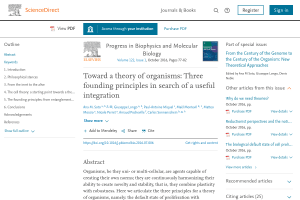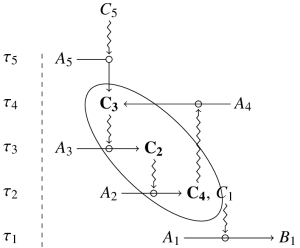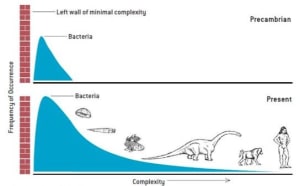Individuation et désindividuation
Atlas des sciences de la culture
La notion d'individuation renvoie à deux idées liées mais distinctes. Les individus forment des unités à peu près insécables, comme le terme l’indique et les individus sont distincts les uns des autres.
Abstract
La notion d’individu a une grande importance en sciences sociales, notamment à travers la doctrine de l’individualisme méthodologique qui se propose de comprendre les phénomènes sociaux sur la seule base des individus et de leurs interactions, un point de vue atomiste donc. Cette notion renvoie à deux idées liées mais distinctes. Tout d’abord, les individus forment des unités à peu près insécables, comme le terme l’indique. De plus, les individus sont distincts les uns des autres, ainsi que séparables, au moins analytiquement, de leurs contextes. L’individuation renvoie alors à deux questions. Tout d’abord, sur quelles bases identifier les différents individus et les distinguer de leurs contextes ? L’individuation est alors la question théorique et épistémologique de l’identification des différents individus. Deuxièmement, notamment à la suite de Simondon, la notion d’individuation peut être une manière de dépasser l’atomisme inhérent au concept d’individu, en posant l’individuation comme première par rapport aux individus. Alors, l’individuation est le processus qui devient le centre de l’intérêt théorique.





